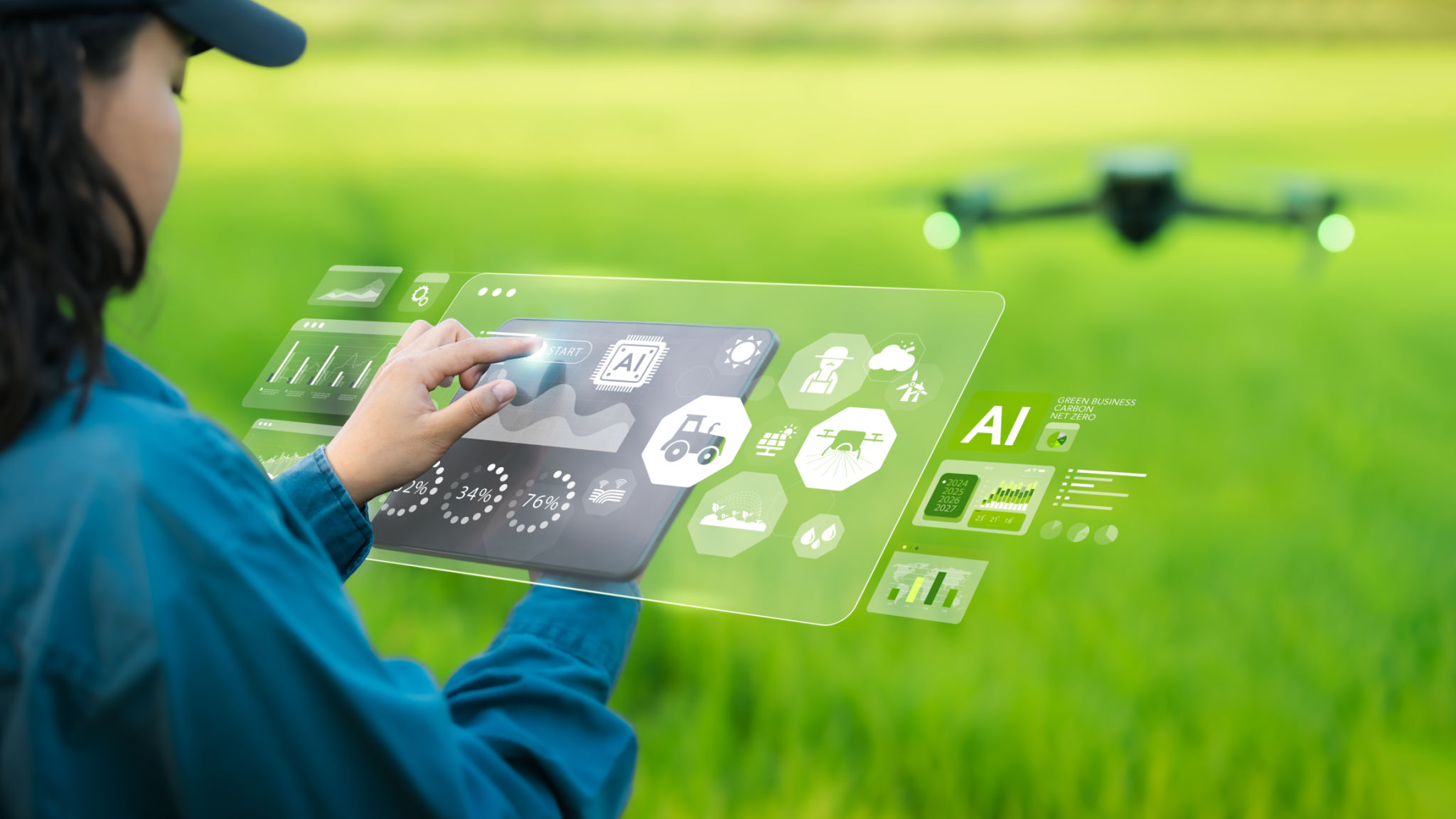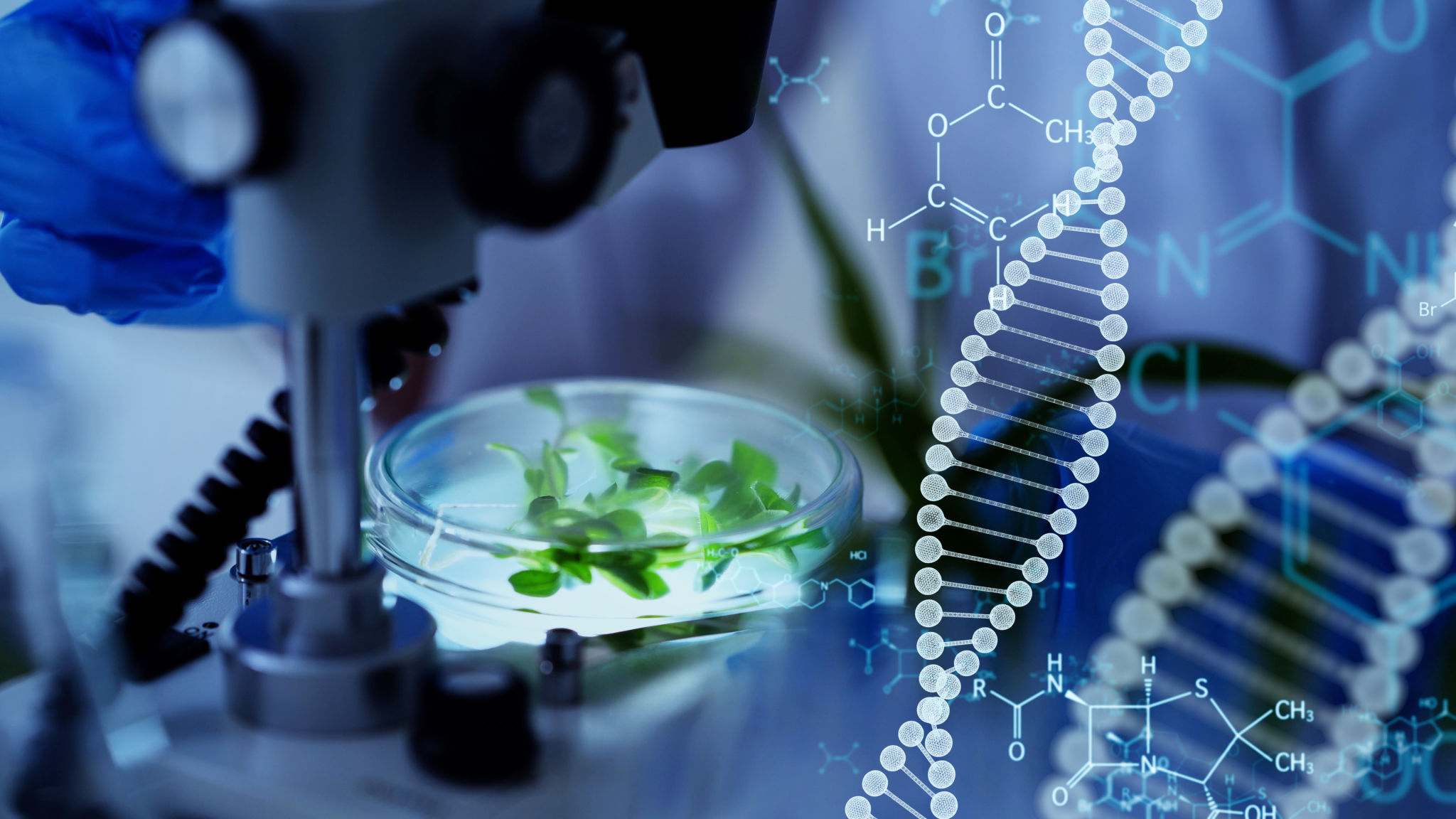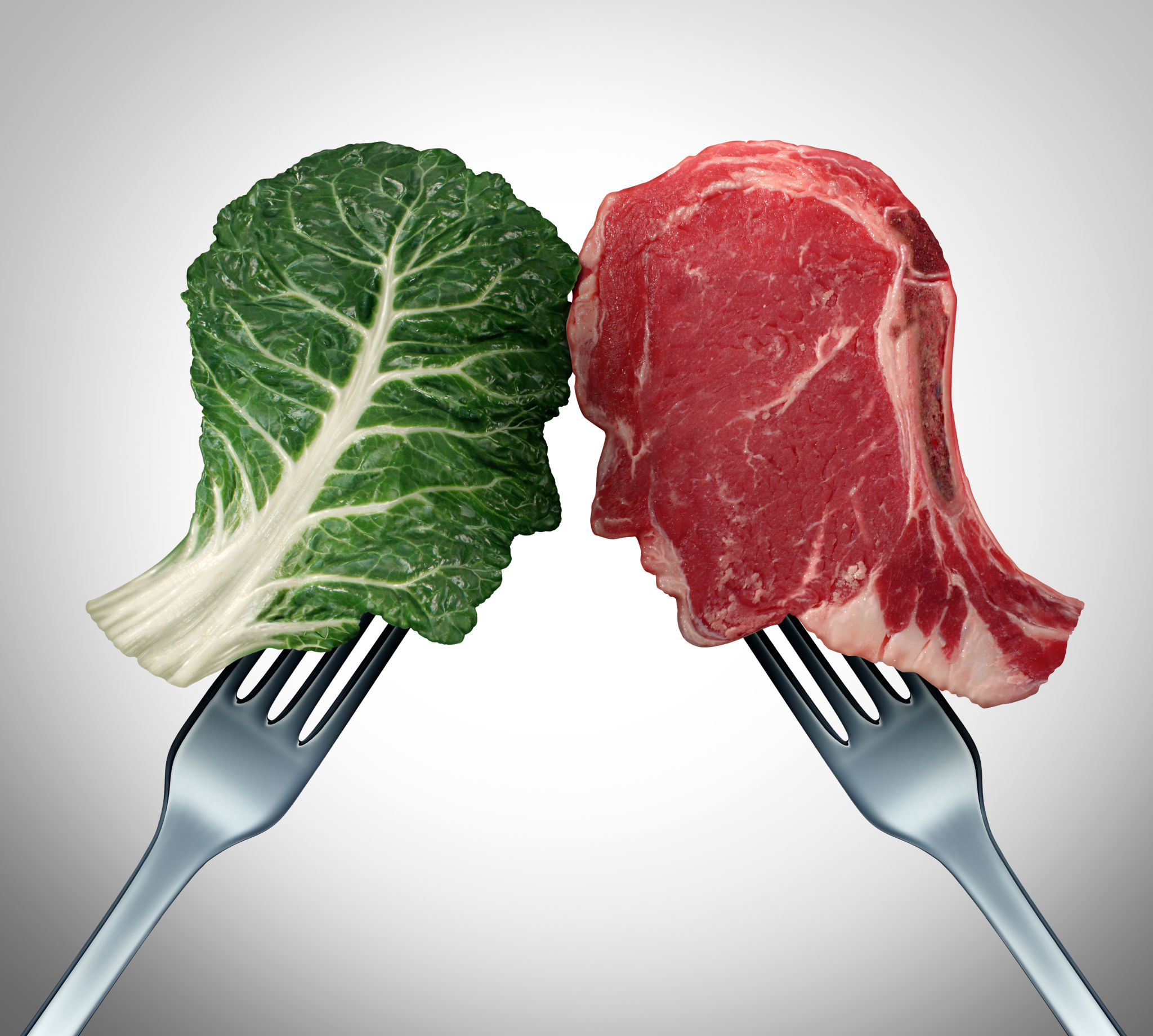Innovations in the Agri-Food Industry: A Look at the Future
Revolutionizing Agriculture with Technology
The agri-food industry is undergoing a significant transformation, driven by technological advancements and innovative practices. As the global population continues to rise, there is an increasing demand for efficient and sustainable food production methods. This has led to a surge in innovations that are reshaping the future of agriculture.
One of the most groundbreaking innovations is the use of artificial intelligence (AI) in farming. AI technologies are being utilized to optimize crop yields by analyzing soil conditions, weather patterns, and crop health. These insights allow farmers to make data-driven decisions, enhancing productivity while reducing resource wastage.

Vertical Farming: A New Dimension
Vertical farming is emerging as a revolutionary method for producing food in urban environments. By growing crops in vertically stacked layers, this approach maximizes space and minimizes the need for vast tracts of land. Vertical farms use controlled environment agriculture (CEA) technology, which allows for year-round production, irrespective of external weather conditions.
This innovative farming method also significantly reduces the carbon footprint associated with transporting food from rural farms to urban centers. The proximity of vertical farms to consumers ensures fresher produce and reduces food miles.

Advancements in Biotechnology
Biotechnology continues to play a vital role in shaping the future of the agri-food industry. Genetically modified organisms (GMOs) and CRISPR technology are being leveraged to develop crops that are more resistant to pests, diseases, and environmental stresses. These advancements not only improve crop yields but also contribute to food security.
Furthermore, biotechnology is enhancing the nutritional content of crops, offering fortified food options that cater to health-conscious consumers. This is particularly important in addressing malnutrition and ensuring a balanced diet for populations worldwide.

The Rise of Plant-Based and Cultured Meat
The demand for sustainable protein sources has led to the rise of plant-based and cultured meat alternatives. These innovations are designed to mimic the taste and texture of traditional meats while offering environmental benefits. Plant-based proteins use significantly less water and land compared to conventional livestock farming.
Cultured meat, grown from animal cells in a lab setting, presents another promising alternative. It has the potential to reduce greenhouse gas emissions and animal suffering, making it an attractive option for eco-conscious consumers.

Precision Agriculture: Enhancing Efficiency
Precision agriculture is revolutionizing how farmers manage their land and resources. Using GPS technology, drones, and IoT devices, farmers can gather real-time data on crop conditions, soil health, and moisture levels. This information enables them to apply water, fertilizers, and pesticides more strategically, minimizing waste and maximizing efficiency.
The integration of precision agriculture not only increases productivity but also promotes sustainable farming practices by reducing the environmental impact of agricultural activities.

The Future Outlook
The agri-food industry is at the cusp of a new era marked by technological innovation and sustainability. As these advancements continue to evolve, they hold the promise of transforming agriculture into a more efficient, environmentally-friendly, and resilient sector.
By embracing these innovations, the agri-food industry can meet the growing demands of a burgeoning global population while preserving natural resources for future generations. The future of agriculture is indeed bright, driven by a commitment to innovation and sustainability.
